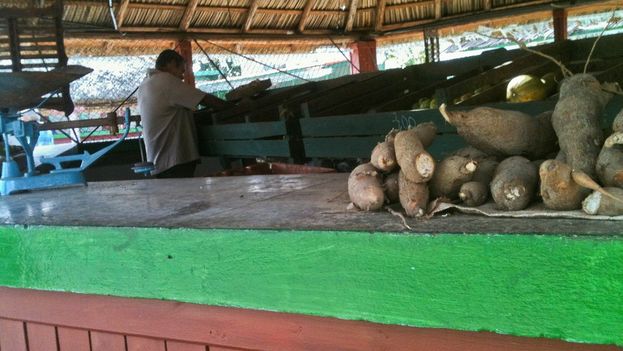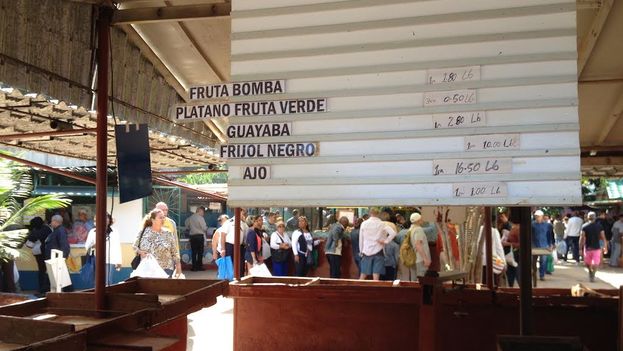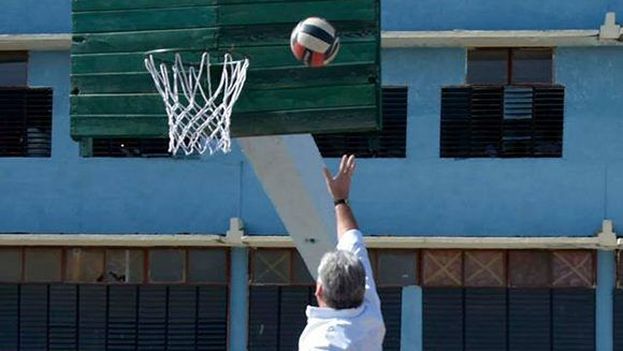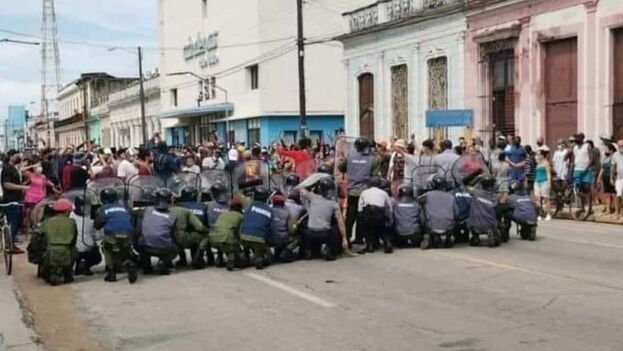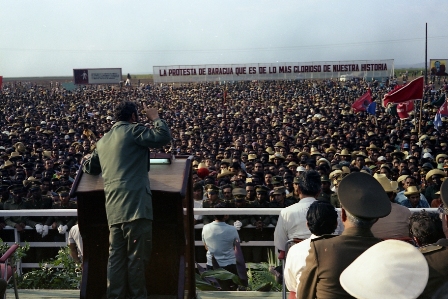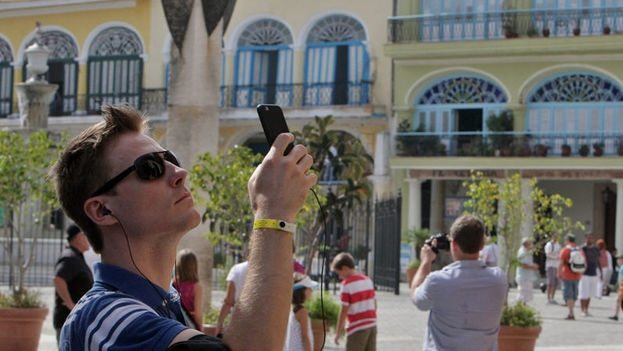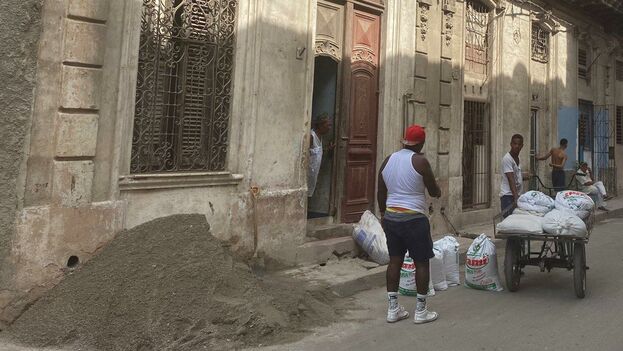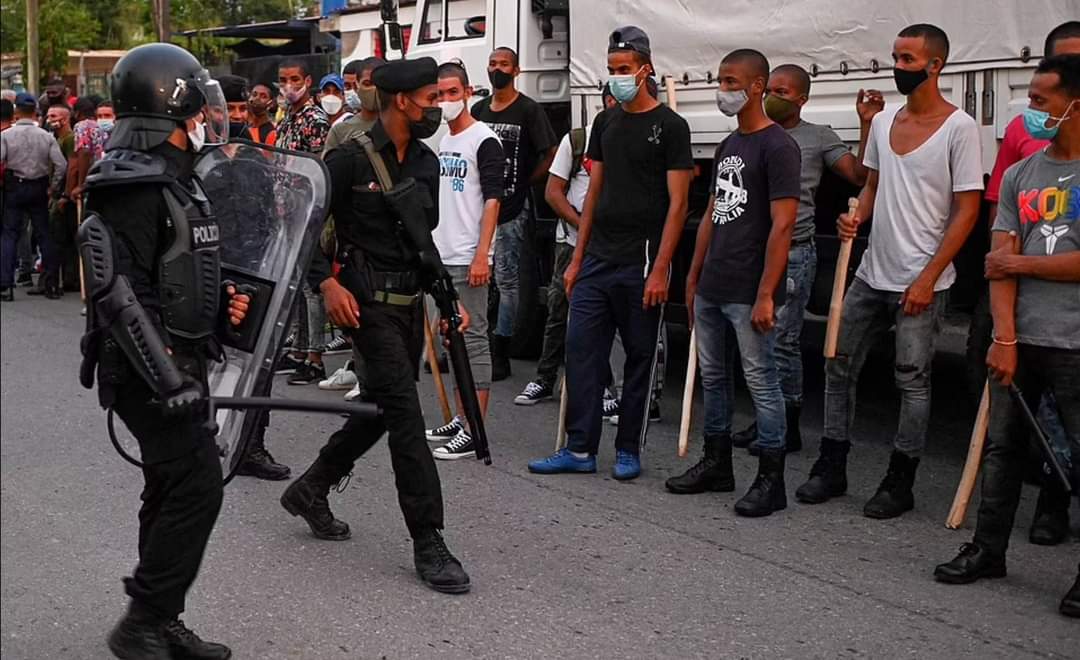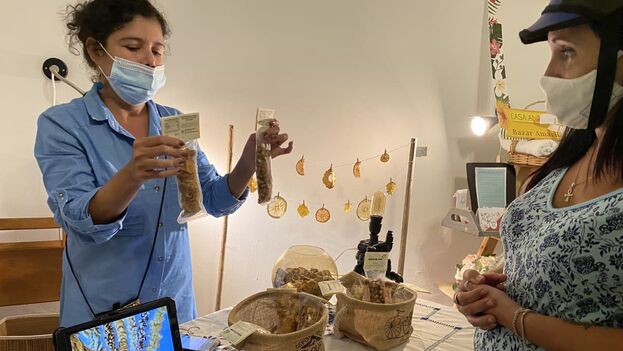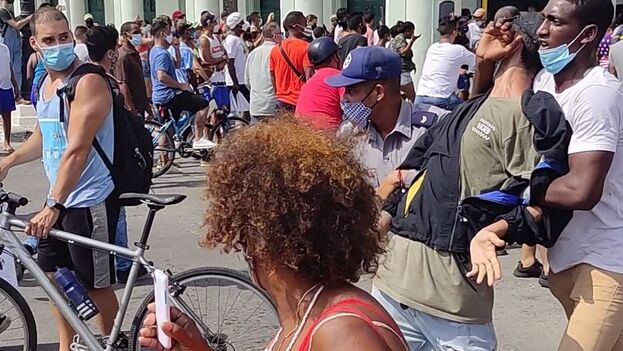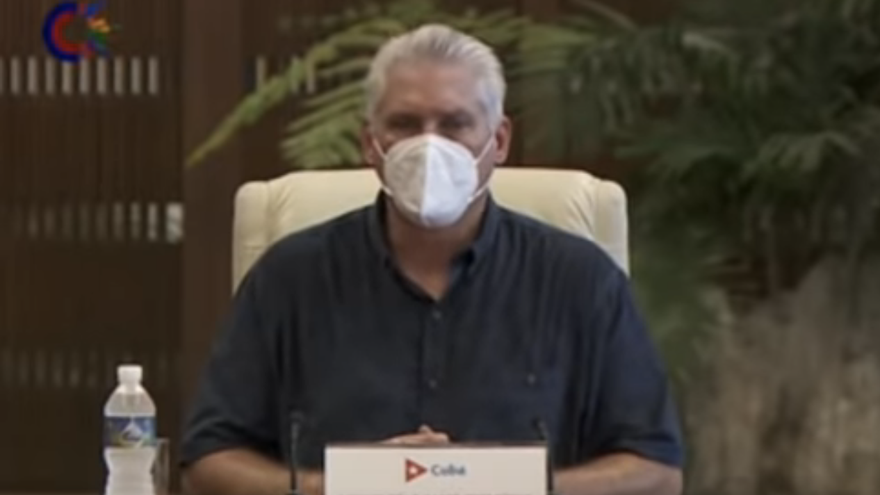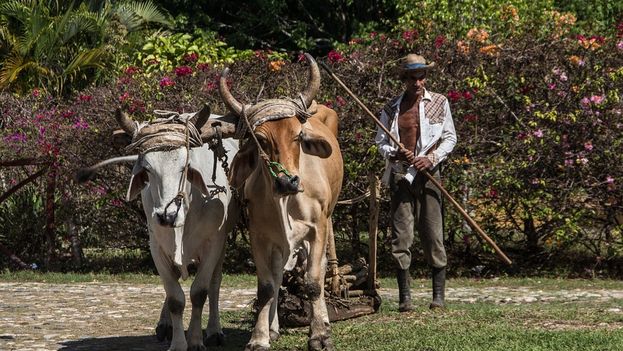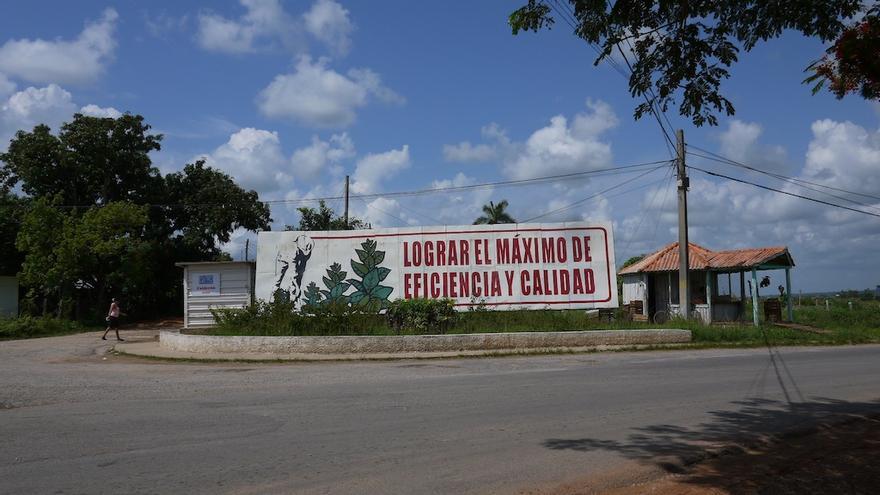
14ymedio, Elias Amor Bravo, Valencia, August 10, 2021![]()
Not with my money.
And of course, not now. The official Castroist press has reiterated that the Cuban communist government is now considering promoting investment on the island by residents living abroad. One more return to what is supposed to be the principle from which the nation’s economy should never have departed? Absolutely. It is not advisable to be wrong.
In reality, the fundamentals haven’t changed, because the 2019 Constitution does not alter, but maintains the socialist-communist model of economic management. In this text, the ownership of the means of production continues to be “collective” in the hands of the State, the market continues to be prohibited from allocating resources, and private enrichment is penalized.
Nothing has changed in the fundamental foundations of the system, because even expropriation and confiscation remain in the constitutional text as Government weapons to destroy private property and accumulated wealth. You have to be very careful when investing in Cuba, because the economic system is completely different from the one that exists in the rest of the world, except in North Korea.
But the government has decided to build a trap to attract continue reading
All the countries of the world that have residents abroad, organize policies to attract their capital, technology, experience, and relationships. Spain did it in the 1960s, and Mexico, Ecuador, and the Dominican Republic do it today, and they are successful at it because they know what to do. Nationals of one country who emigrate to another to work and carve out a future do so always thinking of a return, and for this, part of their earnings are used to accumulate capital, a business, or an activity that allows them that return.
Cubans haven’t been able to act in this way since 1959. Leaving the country in search of a better life and freedom brought with it the conversion into “worms” — enemies of the regime who had to be crushed or forgotten. Under such conditions, who is the government going to ask for money, and what for? I don’t think this policy is going to be successful, but if it is, some of the features it will have, as announced, are worth listening to.
Apparently, the regime intends that the policy of attracting capital from Cubans abroad only applies to those priorities established by the government’s agenda. In other words, a Cuban resident in Spain or France will not be able to invest freely in what he wants or considers pertinent, but in what the regime authorizes beforehand. But of course only after going through a long and complex bureaucratic process whose end God only knows.
Ernesto Soberón, who is behind this whole new “experiment,” has made sure to make this point very clear, so that no one is misled, and this should be enough to close the portfolio and forget about it. Soberón knows how investment decisions are made in a free economy, so his initiative to direct capital from abroad to only certain activities has very little to do with economic rationality. Another failure is looming on the government ledger. Most likely they will end up blaming the embargo, but in this case, the regulatory system is so intrusive that it will end up being the origin of the disaster.
The search for links between the Island and Cubans living in other latitudes offers a stark idea of the regime’s predicament: it is desperate to find financing, which isn’t coming, because tourism and export earnings are paralyzed by the pandemic.
So if this financial need is so urgent, it is impossible to understand why the regime has decided to allow Cubans living abroad to only invest in local development projects and cooperation exchanges – areas absolutely controlled by the State – which will significantly limit the business opportunities that can be developed.
Cubans will not be able to invest in the agricultural sector, in housing or real estate, in other companies (because they are state-owned) or in education or health (because that is prohibited). Ultimately, it is intended to take a bite out of remittances, not only from their usual use of buying necessary goods and services that are not offered by the regulated (rationed system) basket, but also from the possibility of the family in Cuba investing in a business that could generate income for themselves.
Soberón acknowledged that they are still working on the regulations, and that they still need to create the legal bases and consider another series of issues necessary for an effective implementation of this entire process, so they are still far from any final approach on this matter. He added: “All this is being worked on, beyond the manipulation on the subject that there will always be by certain media and sectors.”
Manipulation? Who is manipulating what? And how? It isn’t worth wasting time on something that won’t work, because Soberón doesn’t wants the Diaspora’s capital to come to the island, and Cuban businessmen living abroad should not fall into this mousetrap that the Government is preparing, with what is truly very poor quality cheese.
Instead of liberalizing the economy and leaving behind the socialist-communist model, which weighs down the performance of the economy, the authorities tangle everything up with an issue they have invented in order to continue blaming the embargo or “blockade” for all the evils of the economy.
Now they say that, although for someone to invest in a country they must bring money, market or technology, the main difficulty, not only for Cubans, but for everyone, is transferring hard currency to the nation. And this is due, according to the Government, to the permanence of the blockade imposed by the United States, which is also true in the case of remittances and their possible use in enterprises.
Soberón maintains that if the US government obstructs these shipments, if it prevents money from arriving, that is another problem for the Cuban community that does not depend on what Cuba can do. Once again, the responsibility lies with the United States. In reality, I don’t see how the United States can prevent a Cuban retiree in Spain from sending a payment by way of a Spanish bank he’s done business with all his life to an investment project in Cuba.
In fact, I know of the case of someone who has returned to Spain after verifying how unfeasible it was to return and that he would find himself in a much worse situation than the one he left behind. It will not be an easy matter. The money must be profitable and its allocation must be free, with limits only on criminal activities. In reality, I’m afraid that the regime doesn’t want the Diaspora’s money. What it’s after is another argument to say, once again, that the United States is to blame for everything. They never get tired.
Translated by Tomás A.
________________________
Editor’s Note: This text was originally published on the Cubaeconomía blog and is reproduced here with the author’s permission.
____________
COLLABORATE WITH OUR WORK: The 14ymedio team is committed to practicing serious journalism that reflects Cuba’s reality in all its depth. Thank you for joining us on this long journey. We invite you to continue supporting us by becoming a member of 14ymedio now. Together we can continue transforming journalism in Cuba.


